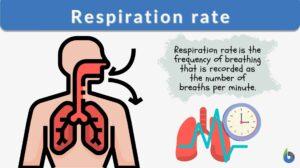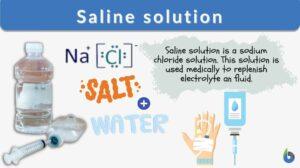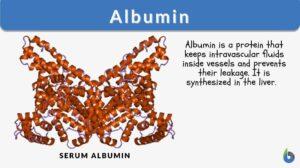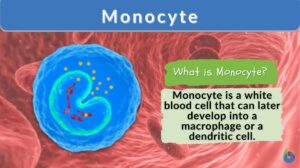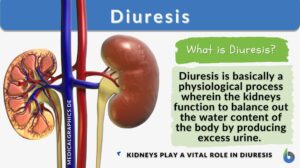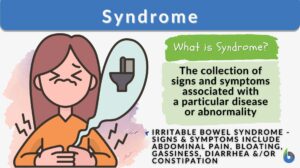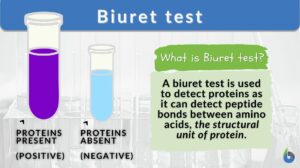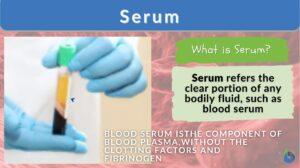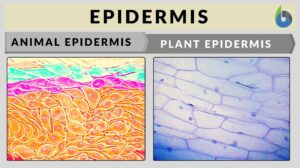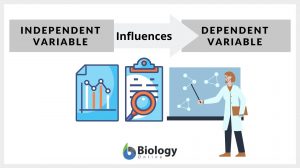Search Results for: normal range
Normal range
normal range normal results can fall outside the normal range. By convention, the normal range is set to cover ninety-five... Read More
Respiration rate
Respiration Rate Definition Respiration rate is a vital life process that expresses the breathing rate in an organism... Read More
Homeostasis
Homeostasis is the tendency not to stray from the range of favorable or ideal internal conditions. Such conditions must be... Read More
Saline solution
Saline Solution Definition Saline solution is one the most medically-used solution, which contains sodium chloride... Read More
Positive feedback
Positive Feedback Definition Each mechanism of the body like temperature, blood pressure, and levels of specific nutrients... Read More
Feedback mechanism
Feedback Mechanism Definition What is a feedback mechanism? A feedback mechanism is a physiological regulation system in a... Read More
Leukocytosis
What Is Leukocytosis? Leukocytosis is a condition wherein the number of White Blood Cells (WBCs) is increased above the... Read More
Follicle-stimulating hormone
Follicle Stimulating Hormone Definition In the pituitary gland of the brain, gonadotropic hormones are released.... Read More
Hyperthermia
Definition noun A condition in which the body temperature is higher than the normal range Supplement Hyperthermia pertains... Read More
Photosynthesis
Photosynthesis is a physio-chemical process carried out by photo-auto-lithotrophs by converting light energy into chemical... Read More
Saccharide
Saccharide Definition What is a saccharide molecule? A saccharide is the unit structure of carbohydrates. In biochemistry,... Read More
Polygenic inheritance
Polygenic inheritance refers to the kind of inheritance in which the trait is produced from the cumulative effects of many... Read More
Capillary fragility test
Definition noun A tourniquet test that is used to determine vitamin C (ascorbic acid) deficiency or thrombocytopenia... Read More
Polygenic trait
Polygenic Trait Definition Polygenic trait refers to a trait that is controlled by multiple non-allelic genes. These genes... Read More
Family traits
When one thinks of family, they often think of persons who are blood-related to each other as parents to their children and... Read More
Physiological adaptation
If we look over evolutionary history, we find that it’s neither the most genius and intelligent nor the strongest and the... Read More
Biuret test
In this article we will answer the following three questions: What is a Biuret Test? What does biuret test for? What is... Read More
Heatstroke
Definition noun A severe (sometimes fatal) illness caused by an overexposure to an excessive heat, which disturbs the... Read More
Endogenous pyrogen
Definition noun, plural: endogenous pyrogens A type of pyrogen produced by activated immune cells, and incite the rise in... Read More
White blood cell
Definition noun, plural: white blood cells Any of the nucleated blood cells that lack hemoglobin, with a primary role in the... Read More
Lymphocyte
Definition noun, plural: lymphocytes The white blood cell of the blood derived from the stem cells of the lymphoid series of... Read More
Exogenous pyrogen
Definition noun, plural: exogenous pyrogen A type of pyrogen that is of microbial origin, such as the lipopolysaccharide in... Read More
Regulation of Organic Metabolism, Growth and Energy Balance
Organic Metabolism Events of Absorptive and Post-absorptive States. The absorptive state is the period during which... Read More
Independent variable
Independent Variable Definition To define an independent variable, let us first understand what a variable is. The word... Read More

